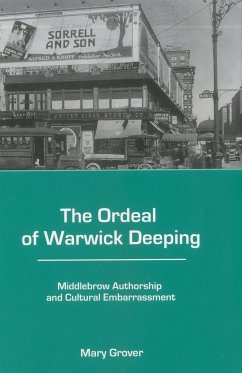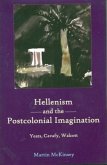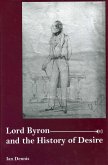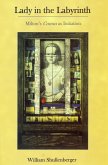This book examines how the hierarchical structures of taste implied by the term middlebrow were negotiated by the best-selling novelist Warwick Deeping (1877-1950). Deeping is the focus for three reasons: he was immensely popular, prolific, and his popularity was perceived by such critics as Q. D. Leavis as a threat to the "sensitive minority." His sixty-eight novels from 1903 to 1950 give the cultural historian the unusual opportunity of tracing the develpment of an author's attempts to protect both himself and his readers from a process of cultural devaluation. After 1925, the best-selling Sorrell and Son and its successors established a 'Deeping' as a product about which both admirers and detractors had certain expectations. His response to these provides an exemplary site within which to examine how cultural distinctions were being negotiated and contested in Britain between the two World Wars.








